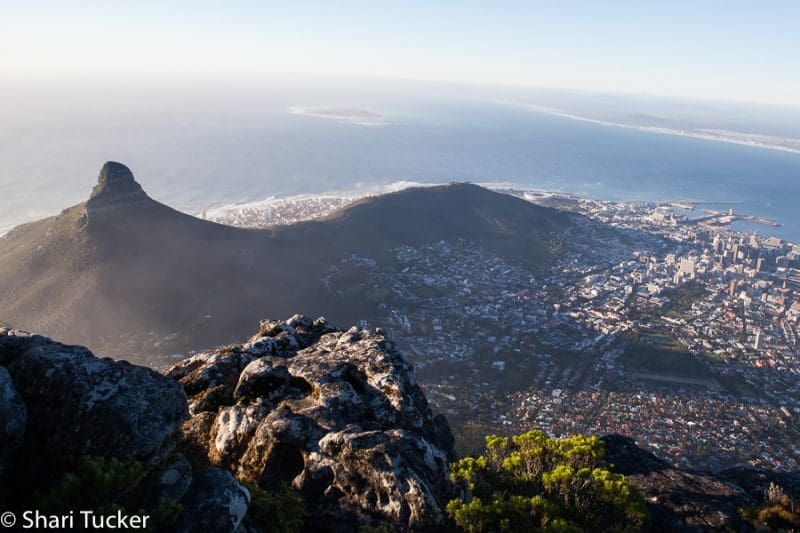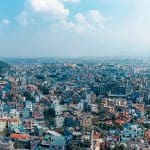Finding a new purpose
After struggling with the aftermath of the global pandemic, travel advisor Shari Tucker found the inspiration to rebrand her business and focus on sustainable tourism.
What led you to undergo a rebrand during the pandemic?
The pandemic hit the tourism industry H.A.R.D. It has taken several months for the shock and devastation to really settle in and for me to be comfortable with the idea that travel, as we knew it, is not coming back for a couple of years.
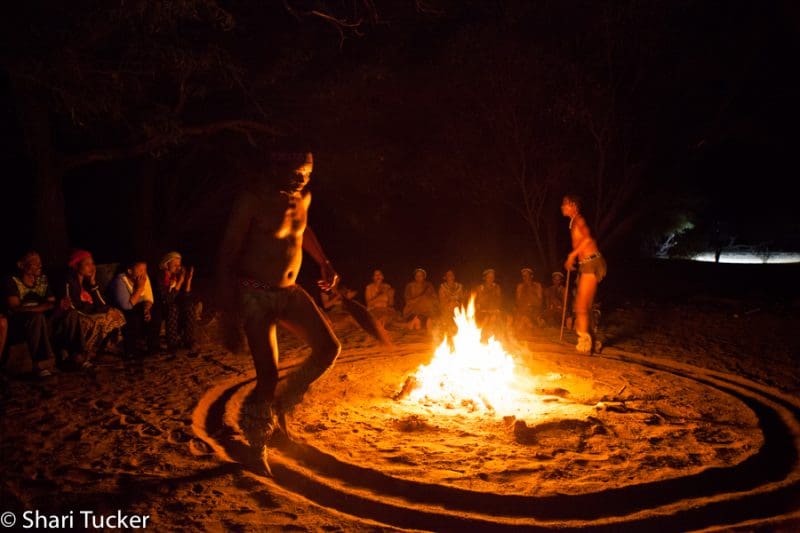
Like many, I contemplated getting out of the travel business all together. I thought long and hard about changing careers, or going back to school.
One day, at the beginning of fall, I had an ‘a ha!’ moment. For years I was successful, despite having never done any real ‘branding’ of my business. For years I thought I could do it on my own, which I was. Then, I realized two things:
- If I was successful without all of the branding and cohesive marketing, imagine how successful I could be if I had a more cohesive brand.
- If I had a better direction, a stronger niche and branding rules in place, I wouldn’t be wasting my time making decisions and reinventing the wheel every time I wanted to create something. I could cut down on the inbox chaos and while it would be hard work and time consuming up front to rebrand, the time savings in the end would be huge!
After a lot of thought and research, I decided that rebranding my business, strengthening my focus and narrowing my niche, along with financially supporting myself through 2021 would still be far less of a monetary investment than returning to university. I’ve been an entrepreneur for most of my working life and I can’t imagine it any other way, so for me, putting in the hard work to rebuild an amazing, refreshed, forward-thinking business seemed like the only right answer.
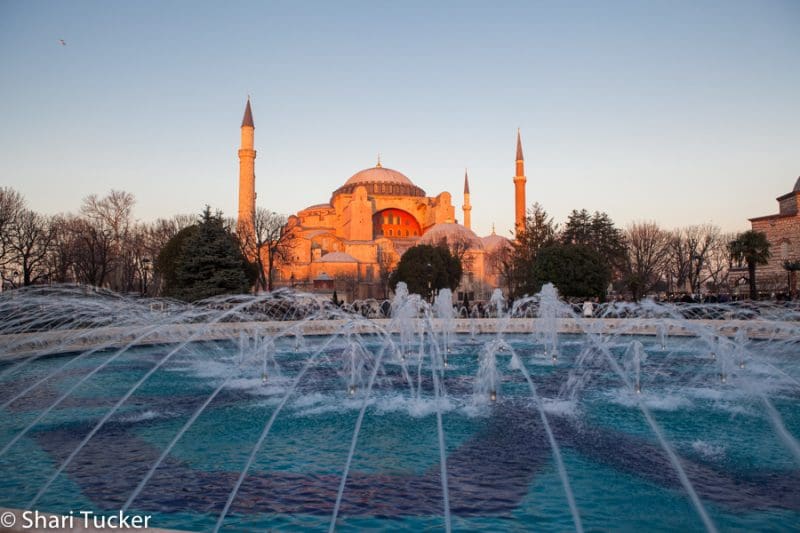
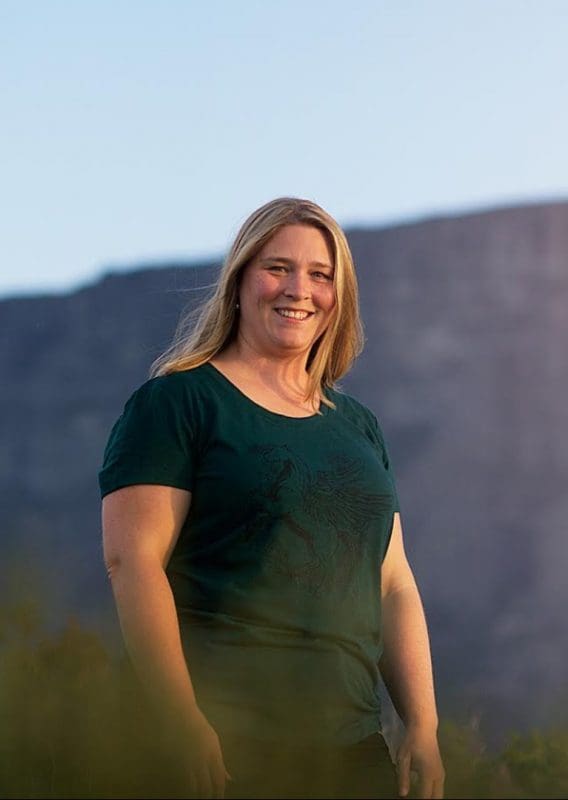
Since I became a travel agent in 2012, I’ve always been interested in sustainable tourism and responsible tourism. For me, travel is about cultural immersion, continuing education, different perspectives and getting to know the locals. In the past couple of years, I’ve been talking to my clients more about these topics and discovered it important to them as well!
Shari Tucker
Sustainable travel will be (or at least it should be) very important for responsible tourism in a post-pandemic world. Why is this important to you?
Since I became a travel agent in 2012, I’ve always been interested in sustainable tourism and responsible tourism. For me, travel is about cultural immersion, continuing education, different perspectives and getting to know the locals. In the past couple of years, I’ve been talking to my clients more about these topics and discovered it important to them as well!
The uprising of Greta Thunberg and then the pandemic have shed a stronger light on climate change and the role of tourism in the global economy. I feel stronger than ever that we all have to make better travel choices going forward to help communities around the world thrive and help regenerate our planet.
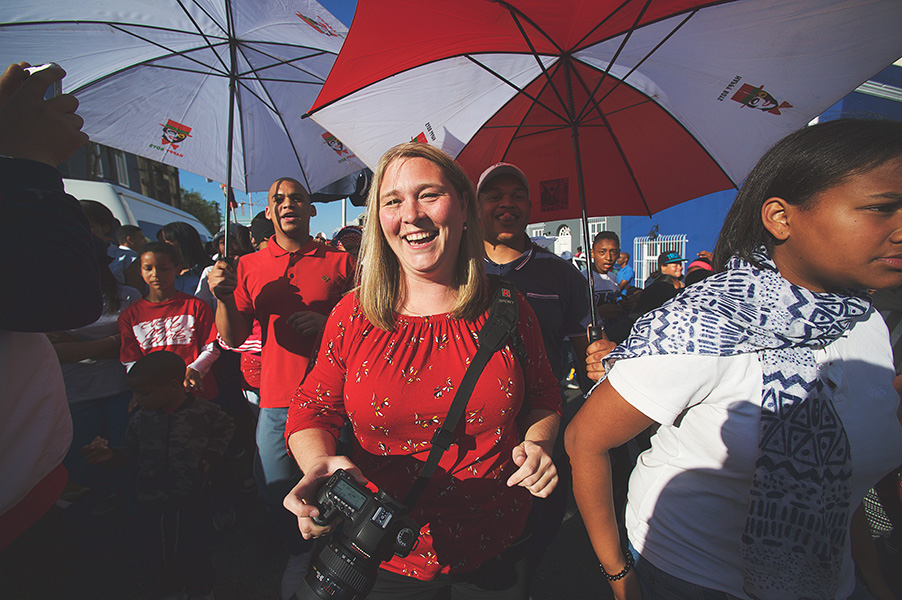
The world needs tourism, but it needs tourism done responsibly in order to thrive. Tourism helps communities climb out of poverty, it helps women get out of the sex trade, it helps children have an education and saves countless animals from poaching. That’s the world I want to live in!
We, in Canada, often forget that travel itself is a luxury. So many people cannot financially afford to travel, or do not have enough vacation time or a strong enough passport. Many people can’t even dream of leaving their city or province, let alone visiting far off destinations around the world. We have the luxury of being able to travel. If we are doing more damage than good, then we are part of the problem. I don’t want to be part of the problem, so I will be part of the solution, by continuing to educate my clients and colleagues of the important impact that tourism can have, good and bad … making sure that we focus on how we can all make better choices.
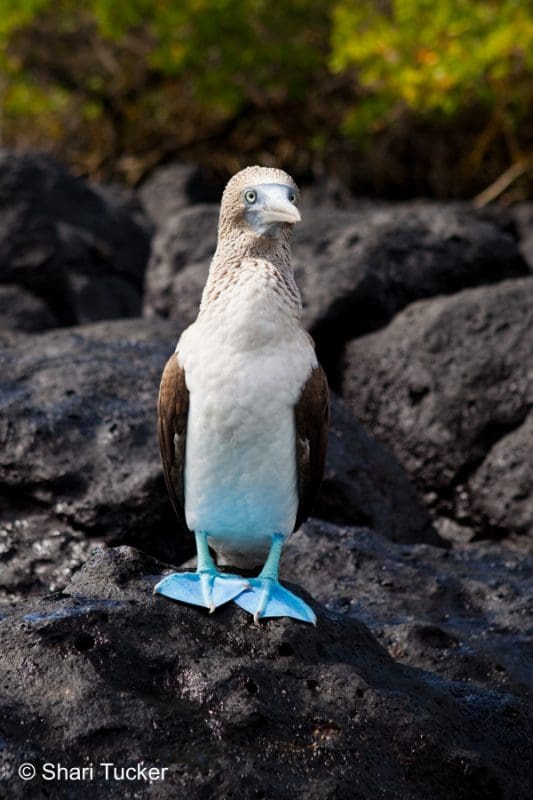
Do you have any tips for how other travel advisors can talk to their clients about sustainable travel options?
I think the first thing travel advisors should do is seek out education on what sustainable and responsible tourism means. Do training programs with your consortia, join organizations like CREST or WTTC.
You will soon learn, sustainable travel is not only about protecting the environment or carbon offsetting. It is about preserving cultural heritage, slowing over tourism, supporting rural tourism, creating and sustaining employment for the underprivileged, ensuring that locals are benefiting from the tourist dollars rather than big corporations getting richer. It is about fair wages, human rights, animal rights and conservation. It’s about all of the things we do to keep tourism moving forward in a way that it can continue long term. Woah! That’s a lot, right?
Look for opportunities to turn conversations into learning opportunities. If your client is telling you about how they love to support local businesses at home, turn that conversation into how visiting markets and buying local when you travel puts money directly back into the economy, into the hands of those who need it.
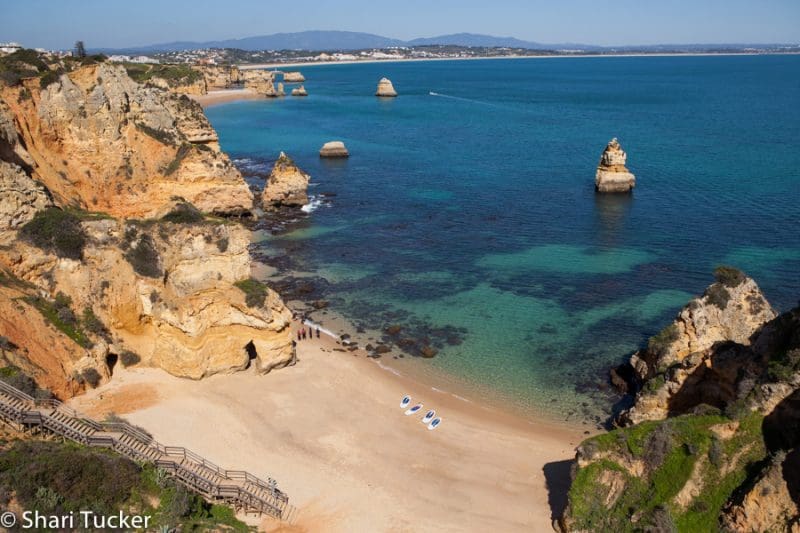
If your clients are vegan, ask them about their reasons for becoming vegan. Maybe it is about animal rights or about reducing their carbon footprint. You can then talk to them about vegan food tours, suggest farm to table or zero waste restaurants. You’ll look like a Rockstar for taking an interest in what is important to them! If you aren’t ready to talk about it on the phone, listen and tuck away what they shared with you. Do a little research and send them an email later with ideas and suggestions.
Maybe clients tell you they want to go on a five country whirlwind trip through Europe. Ask them if they’ve considered taking the train instead of flying between destinations. Or maybe they just don’t realize there’s enough to see and do in one country to fill their 14-day itinerary. You can talk to them about staying longer and really exploring places in depth to experience the culture, rather than just barely glimpsing the highlight reel. All of this reduces their carbon footprint while traveling. Instead of only supporting cities, they’ll have time to get out to the countryside to give some tourist-dollar-love to farmers and artisans that don’t reap the benefits from the mass crowds in the city.
There are all kinds of opportunities to start the conversation about sustainable and responsible tourism, it’s up to us to let clients know they can have amazing experiences and make a difference, just by making a few good choices about their vacations.

Sometimes it’s hard to decipher how deep a tour company’s commitment to sustainability and responsible tourism actually runs. How do you ensure the companies and tour operators are actually walking the talk?
This is one of the hardest things to do right now because so many companies promote themselves as sustainable or eco-friendly. I think the first step is to dig in and read about what they are doing as a company to give themselves this title. Start with the easiest task; see what their website says about their sustainable efforts, or ask your local rep. Look for companies who are doing more than giving a donation to another organization. Look for companies who are making changes today, not just pledging to do so by 2030. Look for not just one, but multiples of these things, as a start:
- tours that use ground transportation and fewer flights
- tours that use locally owned hotels
- hotels that have their own food gardens
- hotels, tours, restaurants that have banned single use plastic and single use toiletries
- hotels that have local staff and strong community projects in place
- cruises that buy food at local ports instead of shipping it and storing it all on board
- tours that visit local artisan co-ops and offer cooking classes
- companies who are B-Corp certified
- companies who have won awards for their sustainable and responsible practices
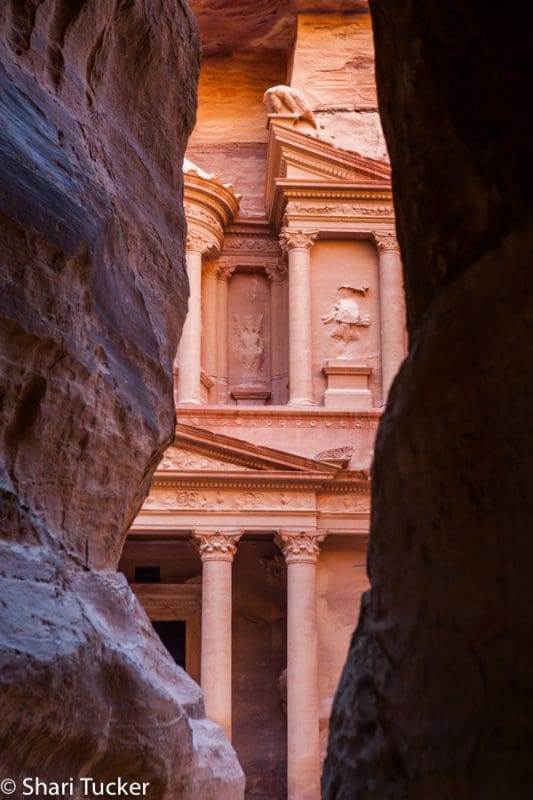
The last nine months have been challenging for the travel industry. What are some of the ways you think we can come out stronger on the other side?
Firstly, I think as an industry, we need to be confident and show our value to clients. Personally, I feel this means we should all be charging fees for our time and expertise. For us, it is part of our cash flow and being paid for our intangible knowledge & expertise. For clients, it is part of perceived value. Would you trust the free mechanic to fix your brakes, or the free lawyer to win your custody battle? Why would you trust the free travel advisor to plan your vacation? Love it or hate it, ‘free’ doesn’t scream knowledgeable, expert or valuable.
In order for us, as an industry to be stronger on the other side of this, we have to stand up for the value we bring to clients and educate people on what we do that the internet cannot. The internet certainly didn’t help people get home when they were stuck during the pandemic!

Secondly, I think it’s time that we all take a look at how the tourism industry has previously treated the oceans, historic sites, wildlife and the people of countries around the world. It’s been horrible. Much of it is still horrible. Ships are dumping waste into the oceans, historic sites are literally crumbling under our footsteps, wild animals are being broken, abused, tortured, drugged and caged just so tourists can see them. Children are forced to perform for tourists, just to earn a buck. Orphanages are buying children from their families, abusing them and making them live in deplorable conditions so that tourists will make donations. It is horrifying!
If we want to come out stronger on the other side of this pandemic, it’s time that we all stop turning a blind eye to the bad things tourism has done in the world and actively work to make sure we aren’t supporting them. Going forward, we need to seek out tourism that is making a positive impact and support efforts for a sustainable and responsible future for all of us in this beautiful world we live in.
